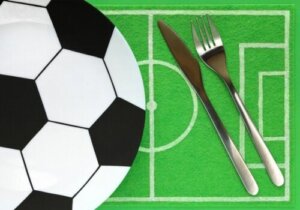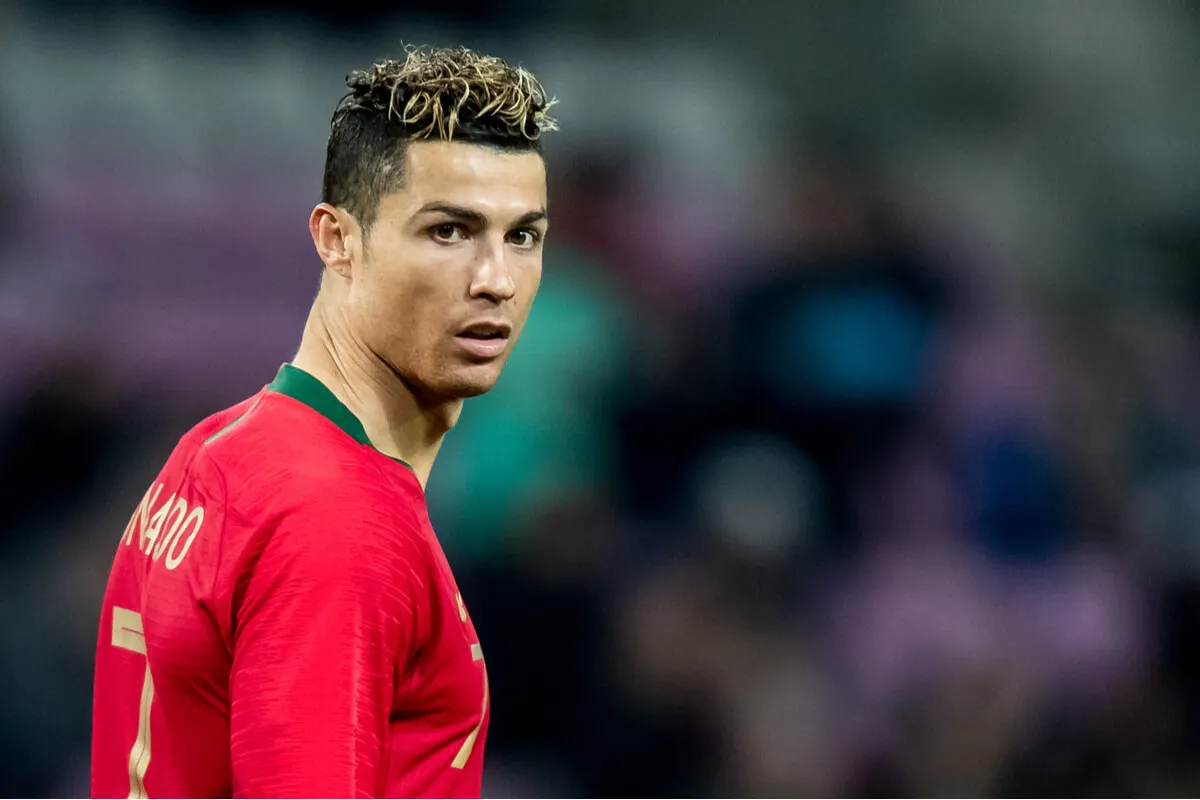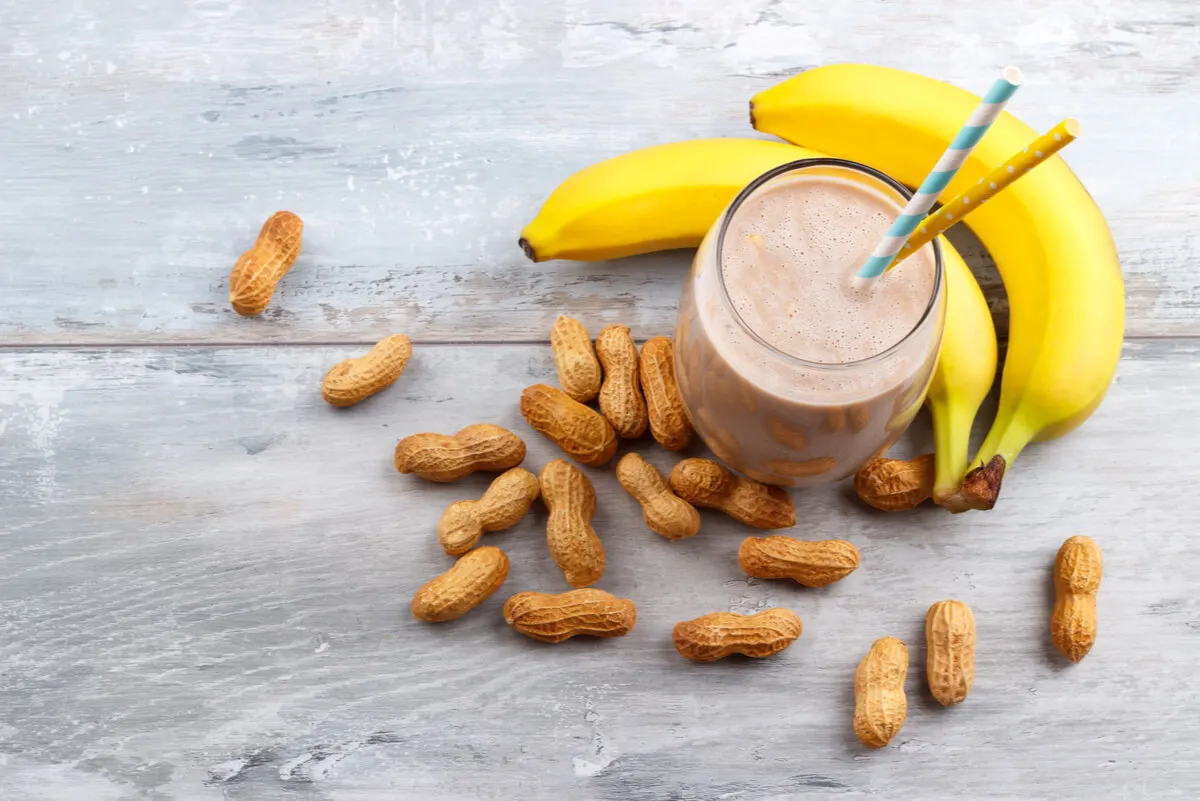The Diet of the Players Who Participated in Qatar 2022


Written and verified by the doctor Leonardo Biolatto
The diet of the players who played in Qatar 2022 goes beyond the usual eating plans that each star follows at his club, where they play most of the year. It’s now time to sustain routines amid the stress and heat that the World Cup adds. That is why we’re going to review the most important points of the diet of soccer players who are undisputed figures of their national teams.
The Diet of the Players Who Played in Qatar 2022
1. Cristiano Ronaldo’s diet
Cristiano Ronaldo was a decisive part of Portugal’s victory against Ghana. Although the Europeans had nothing to spare to achieve the victory, the presence on the field of the five-time Ballon d’Or winner is recognized.
In addition to the training that the athlete practices daily to sustain his physique with few injuries, Ronaldo has an attachment to a food regimen that is designed by a personal chef. According to statements by the chef, his main sources of protein are fish and chicken.
There is also a tendency to lead toward the Mediterranean diet in Ronaldo’s case. Vegetable oils, seeds, and seafood are not missing.
Time distribution of the dishes seems even more important for Ronaldo
We also know from the chef’s statements that the Portuguese star eats six times a day, in smaller portions than those that would constitute a common meal.
This distribution is a strategy that many other athletes also use. The idea is to distribute the nutrients so that they’re fully taken advantage of by the time of exercise. The principles come from chronobiology and, although there are detractors of this model, it’s increasingly observed in the nutritional plans of people who frequent gyms.

2. Less meat for Messi
The diet of soccer players needs to be adapted to cultural customs. Argentines are very adept at eating meat. In fact, the per capita consumption of meat is very high in South America.
Lionel Messi has been under the supervision of nutritionist Giuliano Poser since 2014. The professional had to drastically reduce the Argentine star’s meat consumption. In addition, he confesses that he’s had to convince him to cut down on carbonated drinks and pizza.
Poser’s change focused on prioritizing Messi a total of 5 inescapable foods:
- Water
- Fruit
- Vegetables
- Olive oil
- Whole grains
10 of Argentina has breakfast cereals with fruits and vegetables. It’s usually his start of the day with an abundant amount of products, but always with a strong presence of these three.
At dinner, it’s different. The plan is to eat light. So, the options are usually rice and tuna. In this way, the first ingredient provides complex carbohydrates and the second gives him protein.
Like this article? You may also like: What Type of Diet Do I Need if I Want to Gain Muscle Mass?
3. Many calories in the diet of Neymar
The Brazilian star is in the news for his injury in the first match of the World Cup, against Serbia. The undisputed star of his national team, the diet he follows is based on a high proportion of calories.
The caloric requirement of an elite footballer is high. Training and matches demand a high expenditure. If we add the heat factor in Qatar 2022, that expenditure can easily multiply.
To reach the required calories, Neymar gets more than half of the carbohydrates. He then takes 30% of his calories from protein, leaving only 10% room for fats.
Neymar’s breakfast is surprising and not for everyone: it includes 3 eggs, spinach, and turkey meat. In addition, he drinks a protein shake with seeds. This load allows him to face days of demanding routines and with higher wear than any person would go through on an ordinary day.
Turkey meat is very appreciated by the Brazilian. In fact, several of his lunches include this ingredient, and he even repeats it in his dinners. However, for the evenings, fish is also a common option.

You may also like to read: Peanut Flour: A Source of Protein for Your Diet
There’s no single diet for all the players in Qatar 2022
There’s no one-for-all dietary model for the players in Qatar. Nutritionists know that the demands are different according to age, position on the field, and the particular conditions of each athlete.
However, there is a common consensus on increasing the intake of complex carbohydrates before matches. This would ensure a reserve fuel to run the 90 minutes of each match.
After the matches, the protein-loaded plate is also widely shared. Therefore, the idea is to provide the body with the raw material to repair the microscopic damage caused by the effort. With enough protein, the muscle heals and the fibrils repair themselves for the next matches.
Nutrition can account for up to 10% of sports performance in soccer. -Don Mclaren, professor of sports nutrition in the United Kingdom
All national teams have nutritionists
To all this must be added the individual professionals hired by each player. This is in addition to the chefs, who are in charge of adapting the meals.
This last point is very relevant. The dishes, even if they have the right nutritional density, cannot lead to gastrointestinal alterations or discomfort such as gas or abdominal bloating. That could mean a decrease in the athlete’s ability to play.
The availability of products in the locker room has also changed. In fact, a few decades ago, there was little interest in the topic. Today, the nutritionists of the teams themselves choose those ingredients that can be present for halftime, such as fruits, grains, and isotonic drinks.
Every little detail makes a difference. Leaving anything to chance, such as the players’ diet, could mean the end of participation in Qatar in 2022.
All cited sources were thoroughly reviewed by our team to ensure their quality, reliability, currency, and validity. The bibliography of this article was considered reliable and of academic or scientific accuracy.
- Caruana Bonnici, D., et al. “Nutrition in soccer: a brief review of the issues and solutions.” Journal of Science in Sport and Exercise 1.1 (2019): 3-12.
- Fernandes, Haniel Soares. “Carbohydrate consumption and periodization strategies applied to elite soccer players.” Current nutrition reports 9.4 (2020): 414-419.
- Keen, Rikki. “Nutrition-Related Considerations in Soccer: A Review.” American journal of orthopedics (Belle Mead, NJ) 47.12 (2018).
- Oliveira, César Chaves, et al. “Nutrition and supplementation in soccer.” Sports 5.2 (2017): 28.
This text is provided for informational purposes only and does not replace consultation with a professional. If in doubt, consult your specialist.








